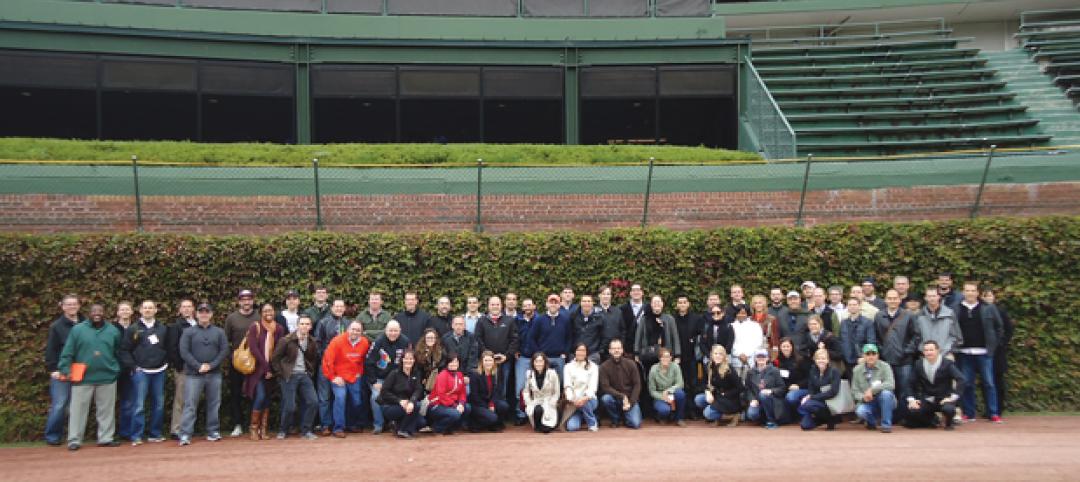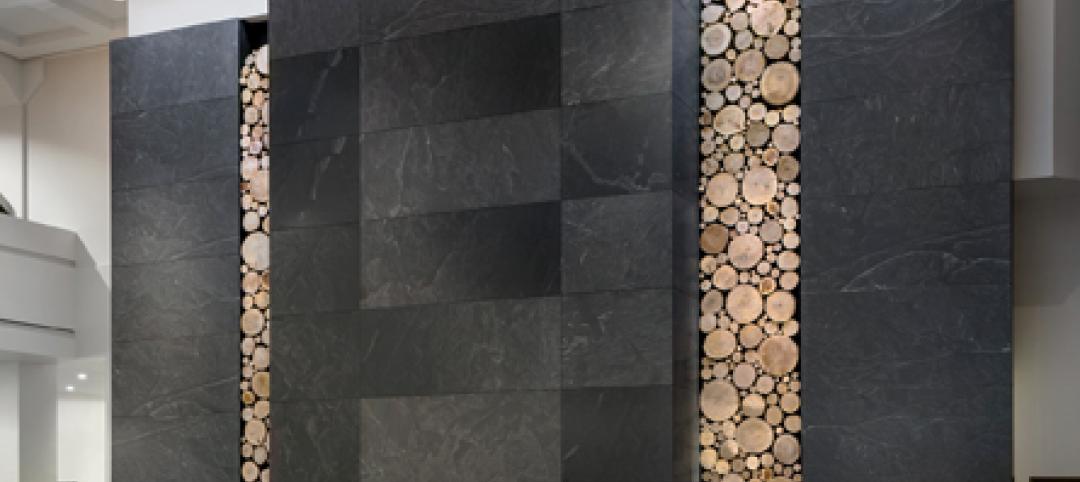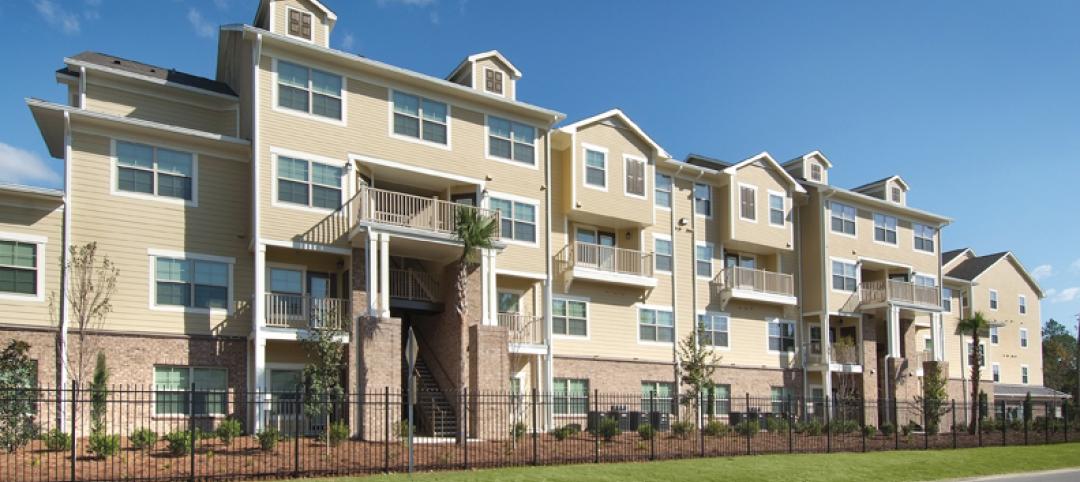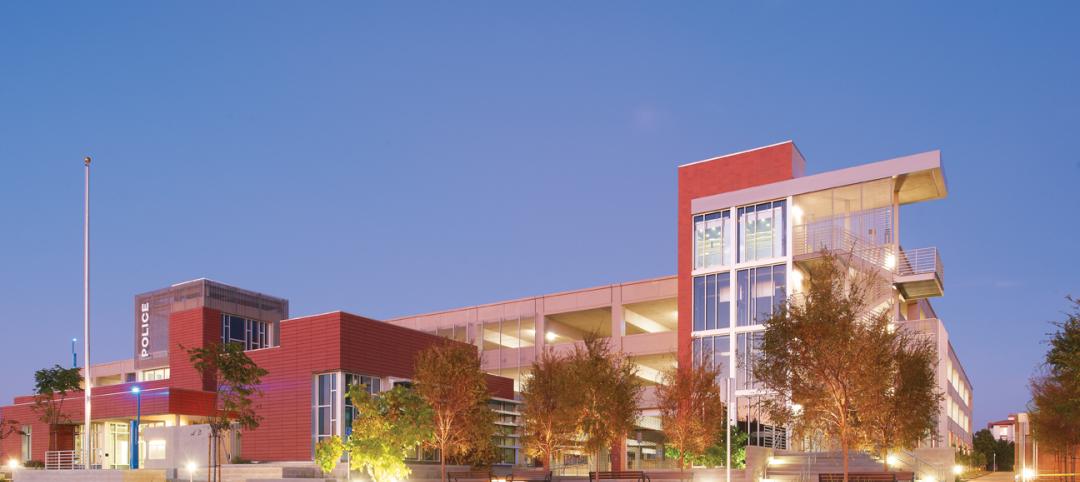On January 1, architectural licensing authorities in U.S., Australia, and New Zealand entered into a Mutual Recognition Arrangement that enables American architects to earn reciprocal licenses abroad.
Twenty-nine of the 54 licensing boards in the U.S. have accepted this arrangement. These include boards in Alaska, Alabama, Arizona, California, Colorado, Connecticut, Iowa, Kansas, Louisiana, Missouri, Montana, Nebraska, New Hampshire, New Mexico, North and South Carolina, North Dakota, Ohio, Oregon, Pennsylvania, Rhode Island, Tennessee, Texas, Vermont, Virginia, Washington State, West Virginia, Wisconsin, and Puerto Rico.
The Washington, D.C.-based National Council of Architectural Registration Boards (NCARB) spearheaded this arrangement, which required over two years of research and negotiation with the other signatories, the Architects Accreditation Council of Australia and the New Zealand Registered Architects Board. Architects must hold a current NCARB Certificate to be eligible for reciprocity. NCARB has a similar arrangement with Canada.
U.S. and foreign architects who want to earn a license in Australia or New Zealand under this agreement must be present proof of citizenship or permanent residence in their home country, as well as an active license to practice architecture from a U.S. jurisdiction. (That license cannot be gained through foreign reciprocity.)
Prospective licensees must also have at least 6,000 hours (the equivalent of about three years) of post-licensure experience in their home countries.
Related Stories
| Nov 12, 2012
PCI Skanska celebrates 40-year anniversary
Since its creation, PCI Skanska has provided EPC services to clients for more than 40 years.
| Nov 12, 2012
AISC launches 'Night School' online educational program
The program's weekly webinar sessions offer structural engineers a great opportunity to enhance their professional development online while accommodating their schedules.
| Nov 11, 2012
Under40 Leadership Summit draws 71 young leaders to Chicago
More than 70 young—that is, under age 40—architects, engineers, and construction professionals descended on Chicago in early October with one thought in mind: to learn how to “create with clarity.”
| Nov 11, 2012
AIA: Building Envelope
Preventing and treating failure in glazed curtain wall systems. Earn 1.0 AIA/CES learning units by studying this article and successfully completing the online exam.
| Nov 11, 2012
Greenbuild 2012 Report: Hospitality
Hotel boom signals good news for greener lodging facilities
| Nov 11, 2012
Greenbuild 2012 Report: Government & Military
Public sector remains a bastion of sustainability
| Nov 11, 2012
Greenbuild 2012 Report: Healthcare
Green medical facilities extend beyond hospital walls
| Nov 11, 2012
Greenbuild 2012 Report: Multifamily
Sustainably designed apartments are apples of developers’ eyes
| Nov 11, 2012
Greenbuild 2012 Report: Higher Education
More and more colleges and universities see sustainainably designed buildings as a given
| Nov 11, 2012
Greenbuild 2012 Report: K-12
High-performance schools put ‘sustainability’ in the lesson plan
















